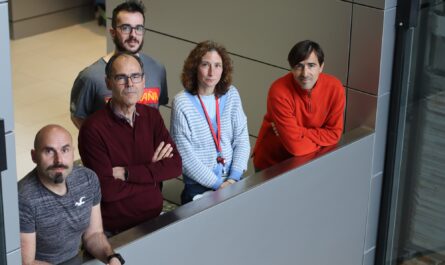A recent study by Charité—Universitätsmedizin Berlin has shed light on the origins of neurological symptoms in COVID-19 patients. Published in the journal Nature Neuroscience, the study provides evidence to suggest that these symptoms are not a result of SARS-CoV-2 directly infecting the brain, but rather a consequence of the body’s inflammatory response to the virus.
The research aimed to investigate whether the neurological symptoms observed in COVID-19 patients, such as headaches, memory issues, and fatigue, were linked to the virus infecting the brain. However, the study found no clear evidence of the coronavirus persisting or replicating in the brain.
Dr. Helena Radbruch, head of the Chronic Neuroinflammation working group at Charité, explained that while coronavirus genetic material was detected in the brain tissue of some patients, it did not infect brain cells. Instead, the virus was likely absorbed by immune cells in the body and transported to the brain without infecting brain cells directly.
The study analyzed brain tissue from 21 individuals who died from severe COVID-19 infection in hospitals, comparing it to tissue from nine patients who died of other causes after treatment in intensive care. The researchers found changes in molecular processes in the brain cells of COVID-19 patients, particularly in the interferon signaling pathway activated during viral infections.
Prof. Christian Conrad, another lead investigator in the study, highlighted that the molecular reaction observed in the brain cells could explain the neurological symptoms seen in COVID-19 patients. The activation of neurotransmitters in the brainstem, specifically in the nuclei of the vagus nerve, could lead to symptoms like fatigue, as these nerve cells connect to organs like the lungs, intestine, and heart.
The study suggested that the inflammation sensed by the vagus nerve in response to the virus in other organs could disrupt brain function temporarily. However, the researchers noted that the molecular changes observed in the brain cells were most prominent during the acute infection phase and tended to normalize thereafter, indicating a temporary reaction to the virus.
The researchers speculate that if this inflammation becomes chronic, it could be responsible for the long-term neurological symptoms observed in some COVID-19 patients with long COVID. To further investigate this hypothesis, the team plans to study the molecular signatures in the cerebral fluid of long COVID patients in more detail.
In conclusion, the study provides valuable insights into the mechanisms underlying neurological symptoms in COVID-19 patients, suggesting that these symptoms are likely a consequence of the body’s immune response to the virus rather than direct infection of the brain. The findings could pave the way for targeted treatments for neurological complications in COVID-19 patients, including those experiencing long-term symptoms.



